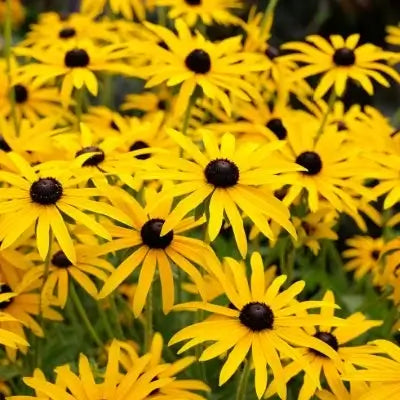Like with any other skill set, your organic gardening skills can be improved. The following tips are given to help you do that.
Plant some perennial plants that are slug-proof. Slugs or snails can decimate a plant very quickly. These pests are particularly fond of young perennials and those with tender leaves, particularly seedlings and young plants. However, some types of perennials are not preferred by snails and slugs or taste bad. Some of these plants include achillea campanula, campanula, Helleborus, and heuchera.
Having healthy soil in your garden is your plants avoid insect pests. Healthy plants are naturally more able to resist both pests and various diseases. To boost your garden's prospects of giving you the most vigorous possible plants, start with a high-quality soil with fewer chemicals that will accumulate salts over time.
Brighten your flower beds with annuals and annuals. You can also use these flowers to fill any spaces between shrubs and perennials when they are in the sun. Some excellent choices include rudbeckia, hollyhock, sunflower, rudbeckia, petunia, and marigold.
Transfer your favorite plants inside, so they survive the winter frosts. You may be able to save the most resistant or expensive plants. Dig the plant carefully without damaging the roots before transferring it to the pot.
Plants need a good supply of CO2 to reach their maximum growth. Plants will not thrive in environments where high levels of CO2. Greenhouses provide plants with high levels of CO2.
You have what you need and the skills to use these tips when gardening. That's awesome! Learning is a never-ending process. The tips you have read above, of course, cover just the basics. You have likely, however, learned at least one thing that will be well put to use in your garden.




























































